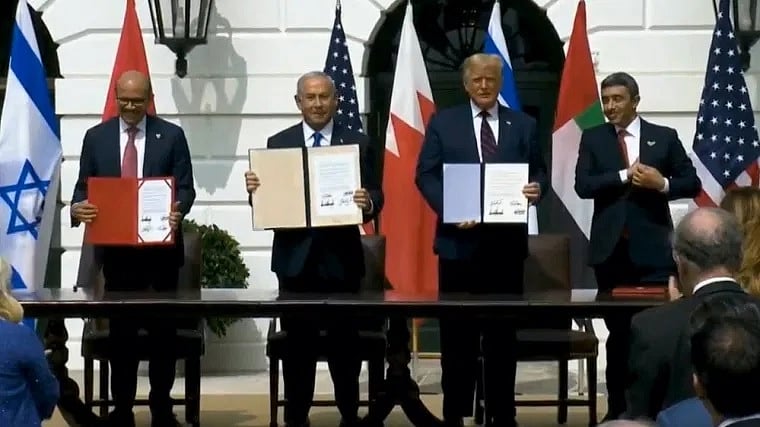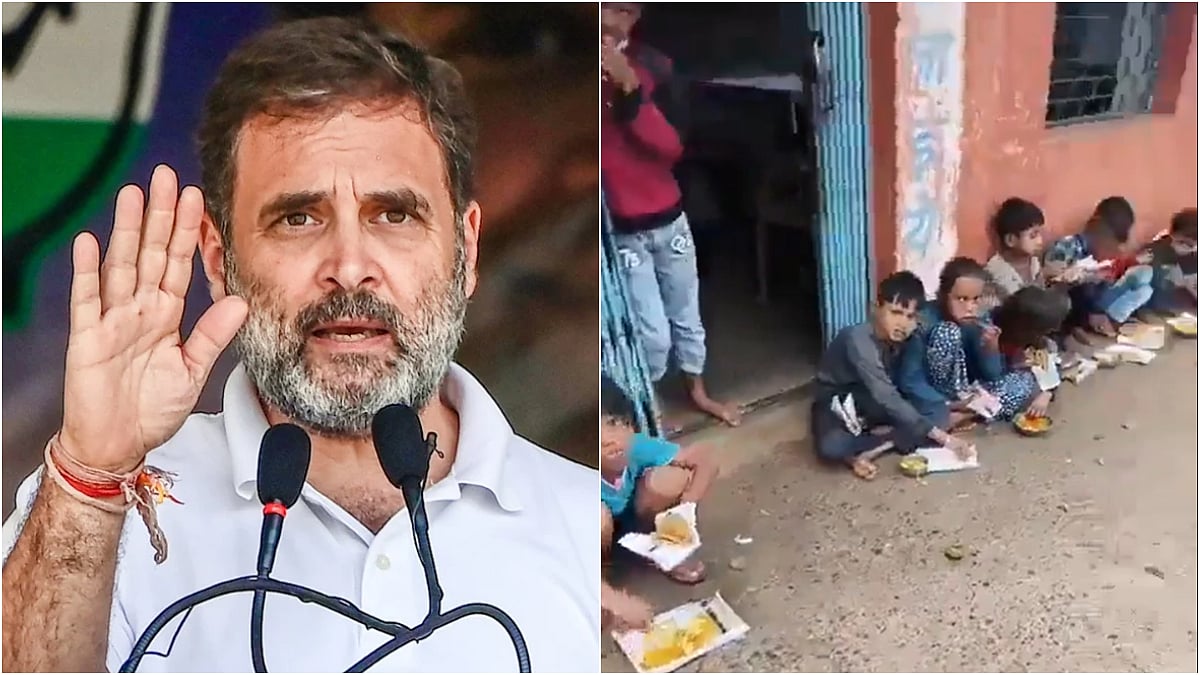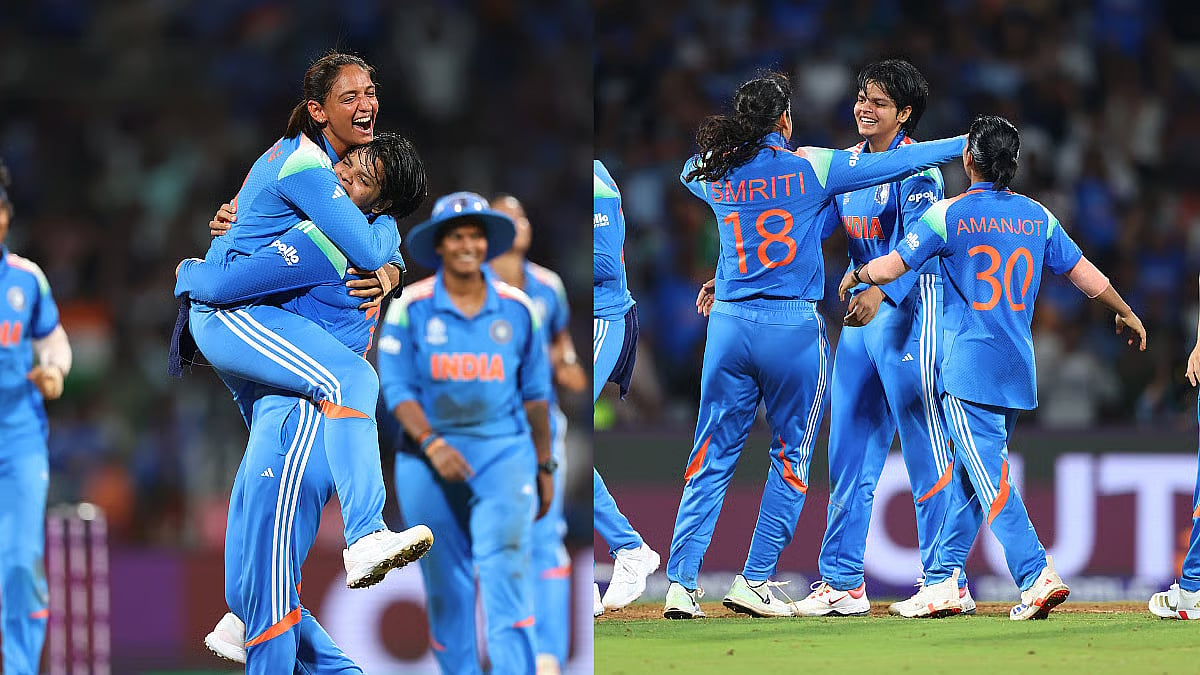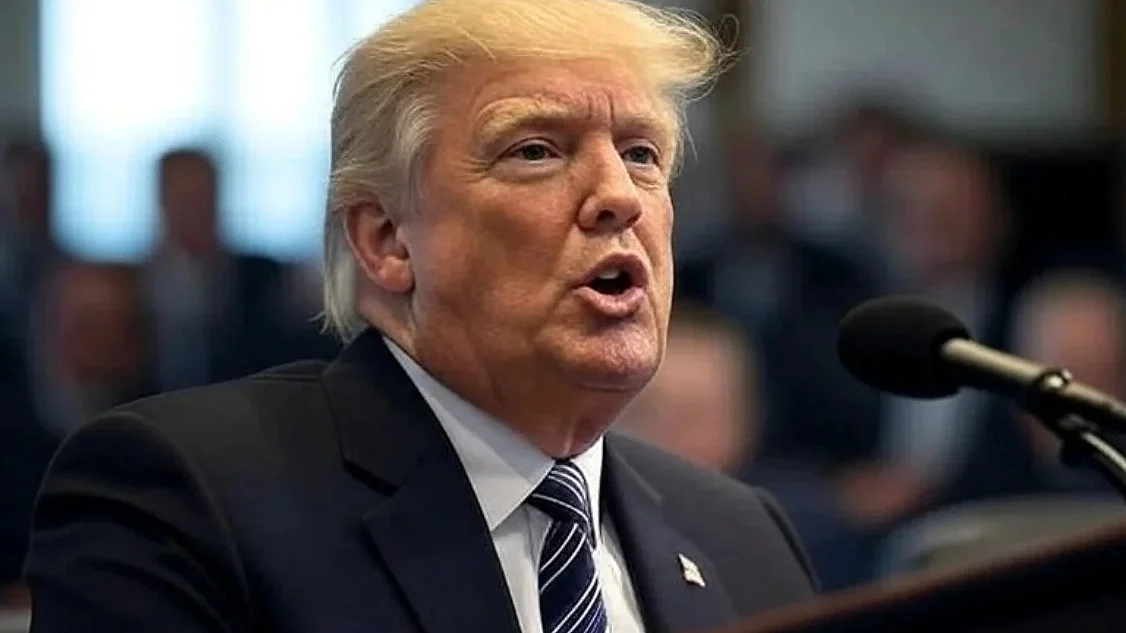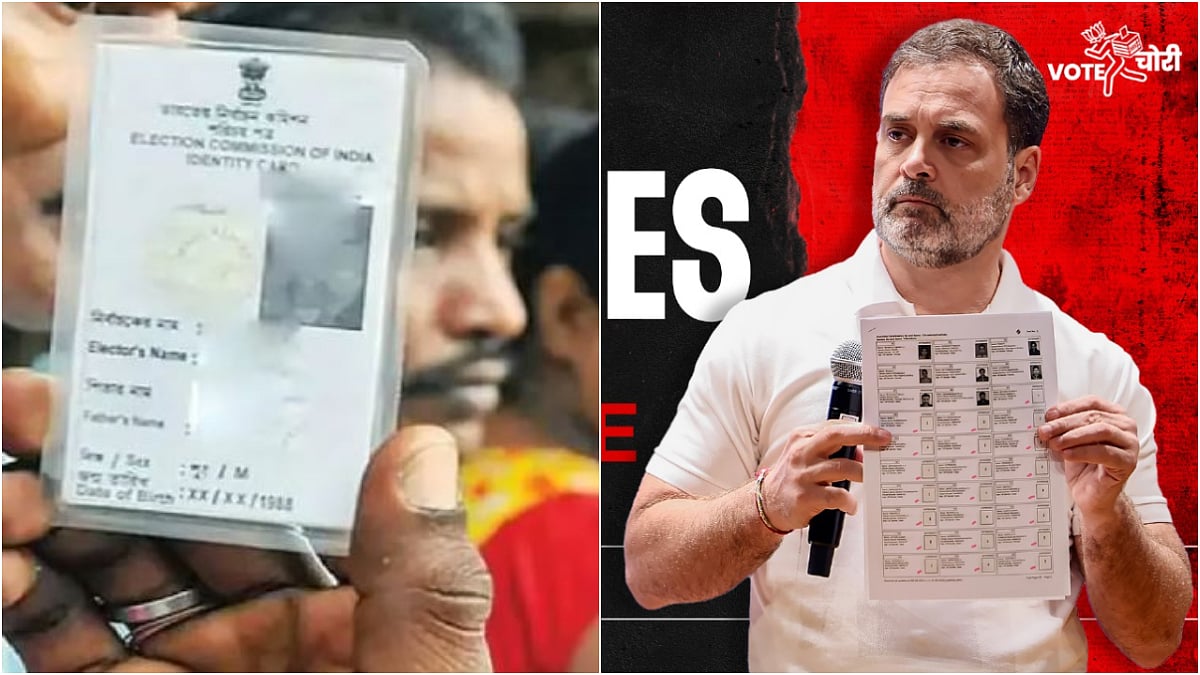The divide in the Islamic world became further sharp after, under the aegis of the Trump administration, the UAE and Bahrain signed the Abraham Accords with Israel to normalise relations on September 15 at a ceremony in the White House. It was a remarkable foreign policy success for Donald Trump, facing a difficult re-election later this year. His Israeli counterpart, Benjamin Netanyahu, too is likely to benefit electorally for enlisting official recognition for the Jewish state from its two old foes. But it was harder for the two Gulf nations. Not long ago, the entire Islamic world was committed to the annihilation of the Jewish state. In recent years, the UAE and Bahrain had established close ties without going official. That fig leaf was abandoned last week, thanks to a little prodding by the US. Thus, after Egypt and Jordan, Israel has two more Islamic nations according it de jure legitimacy.
All three signatories stand to benefit from cooperation in various areas, including health, tourism, high-tech, telecom, food security, scientific research, etc. Israel businesses are keen to explore the vastly rich and open economic environment in the UAE. The clear losers are the Palestinians, whose cause has suffered in recent years due to endemic corruption and bitter divisions among Fatah and the Iran-backed Hamas.
The tussle for ascendancy in the Islamic world, with the Saudi Arabia-led Sunni nations arrayed irreconcilably against Iran-led Shia nations, has left the Palestinian people ruptured down the middle. The Iran-backed extremist groups, Hezbollah and Hamas, have played a destructive role in dividing Muslim society, be it in Lebanon or Palestine and further afield, in West Asia. Without the tacit approval of Saudi Arabia, the undeclared leader of the Sunni nations, neither UAE nor Bahrain would have normalised ties with Israel. Saudi Arabia, which recently opened its airspace to Israeli flights, might accord official recognition to Israel sooner than later, once more Islamic nations follow the path cleared by the UAE.
Morocco and Sudan are said to be the next in line to normalise ties with Israel. In the end, the only hold-outs might be Iran and Turkey, which vie for the leadership of the Islamic ummah. Whether Iran can weather the grim economic conditions thanks to the biting sanctions imposed by the US and wage a simultaneous war against the Saudi-led Sunni nations and the US is unclear. As for Turkey, of late, its authoritarian leader Recep Tayyip Erdogan has sought to carve out a leadership role for himself, be it in Iraq or in Lebanon, backing rival factions for power and generally embracing an extremist view on Islamic matters.
Given that the oil economy of most Arab nations is under deep stress and they need to diversify into other avenues of economic activity, the entire Islamic world is witnessing a slow but certain transformation. Recognising Israel is only a part of that process. Maybe by recognising Israel, the Islamic nations will be in a better position to ensure a fairer deal for the Palestinians than it was possible under an umbrella of extreme and violent hostility. The Abraham Accords have received approval in most world capitals, including New Delhi.
IPL provides a welcome respite
One of the immediate gains from the 13th edition of the Indian Premier League, without doubt, is that we will get respite from the grating nonsense dished out by rival television channels using the tragic death of Sushant Singh Rajput as an opportunistic peg. Indians of all ages and socio-economic profiles are more likely to turn on their television channels to watch the live telecast of the always mesmerising contest between ball and bat in the 20:20 format in the UAE than have the inane 'tu-tu, mein, mein' dinned into their ears by shrieking, loud TV anchors.
For nearly two months, goodbye to the mock hanging of Rhea Chakrabarty and other villains in this sordid saga contrived for a half-witted audience by the TRP-hunting TV channels. Enough. Of course, there is a world of difference playing the most popular tournament in the country’s sporting history far away in a foreign country without any spectators and with the respective teams confined to their own bio-bubbles.
Covid-19 has ruled out a number of front-ranking players of various franchises. Some of the star players will not be seen in action, namely, Harbhajan Singh and Suresh Raina. Besides, the three surfaces on which all the matches will be played in Dubai, Sharjah and Abu Dhabi are said to help spinners, a factor which might upset the game plan of the Big Two, that is, Chennai Super Kings and Mumbai Indians. All in all, the IPL is a welcome diversion from the Covid-19-induced fear and panic and the resulting restrictions on normal life.
